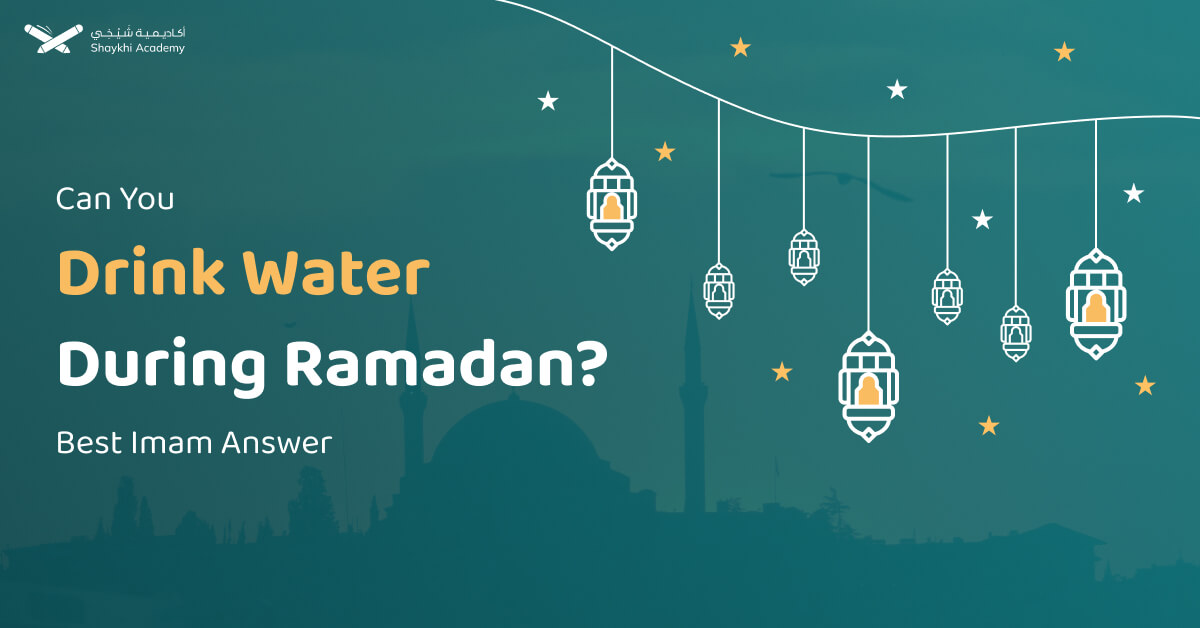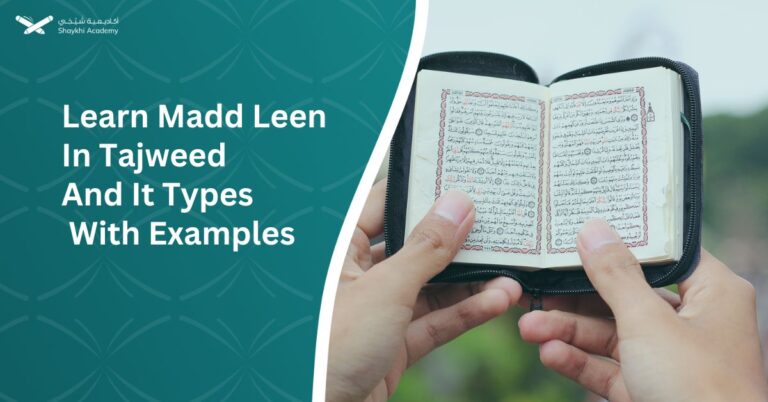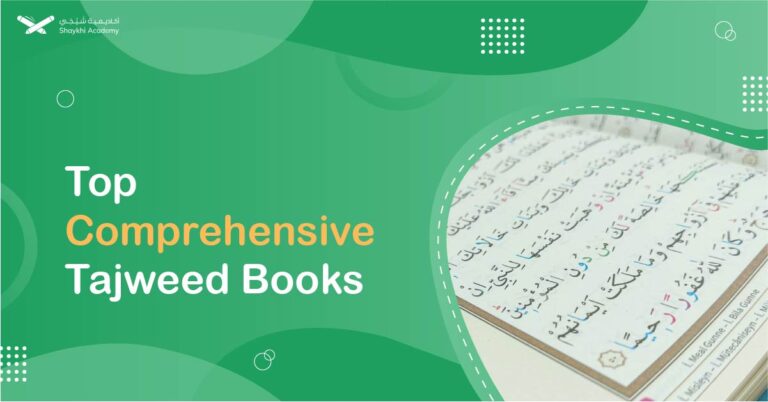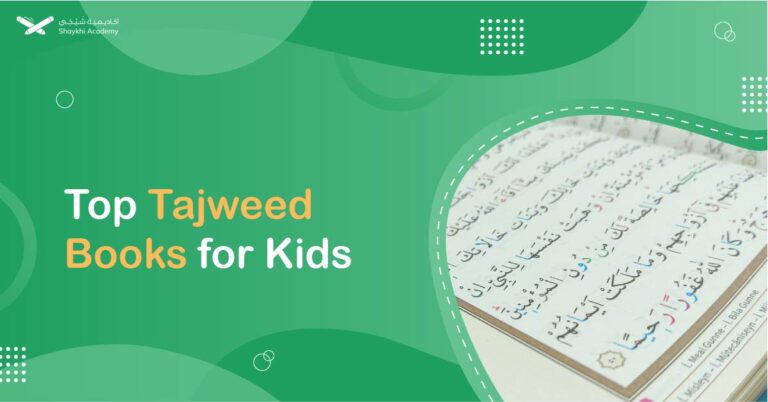Can you drink water during Ramadan? The act of drinking water during Ramadan holds deeper significance, as Muslims willingly abstain from it during fasting hours as part of their spiritual journey.
In a nutshell: while permissible under normal circumstances, drinking water during daylight hours of Ramadan is prohibited to demonstrate devotion and obedience to Allah. Accidental consumption does not break the fast, but caution is advised to maintain sincerity. Muslims can freely eat and drink during nighttime hours, emphasizing the spiritual discipline and connection fostered during the fasting period.
Defining Drinking Water During Ramadan
The expression “drinking water in Ramadan” refers to a Muslim’s intake of water during the fasting hours of the month of Ramadan. While the act of drinking water itself is inherently permissible in Islam, the context of Ramadan imbues it with a deeper meaning and significance. During the month of Ramadan, Muslims engage in a spiritual journey marked by self-discipline, self-reflection, and heightened devotion to Allah. Central to this observance is the practice of fasting, wherein believers abstain from food, drink, and other physical indulgences from dawn until sunset.
In this context, the act of drinking water takes on added significance. While it remains permissible under normal circumstances, during the fasting hours of Ramadan, Muslims willingly refrain from quenching their thirst as an expression of their devotion and obedience to Allah’s commandments. By abstaining from both food and water throughout the daylight hours, believers demonstrate their commitment to spiritual growth, self-discipline, and submission to the will of Allah.
Can You Drink Water During Ramadan?
No, you cannot drink water during the fasting hours. Consuming any food or drink, including water, is prohibited from dawn until sunset while fasting during Ramadan. Once the Maghrib prayer call signifies the end of the fasting period, Muslims can freely consume water and food until the next dawn.
“And eat and drink until the white thread of dawn becomes distinct to you from the black thread [of night].Then complete the fast until the sunset.”
[Al-Baqarah 2:187].
This strict adherence to abstinence from both food and water is intended to cultivate self-discipline, empathy for those who are less fortunate, and a deeper spiritual connection with Allah.
What Happens if You Accidentally Drink Water While Fasting?
If you accidentally consume water or any other beverage while fasting, your fast remains valid. If you unintentionally drink water or consumes food during the fasting hours, there is no sin or penalty associated with accidental consumption or forgetfulness. You should simply continue your fast for the remainder of the day, being more cautious in the future. This leniency acknowledges human fallibility and emphasizes the importance of sincerity and intention in fasting..
Abu Huraira reported ِAllah’s messenger as saying,
“If anyone forgets when he is fasting and eats or drinks he should complete his fast, for it is only God who has fed him and given him drink.”
(Bukhari and Muslim).
This hadith clarifies that unintentional consumption does not break the fast.
However, you have to avoid repeating the mistake, be mindful throughout the remaining fasting hours.
When Can You Eat and Drink During Ramadan?
You can freely eat and drink during nighttime hours in Ramadan. In Ramadan, Muslims abstain from food and drink during fasting hours, which fall between dawn (fajr) and sunset (maghrib). This means you cannot eat or drink anything during this period.
So you can eat and drink after the Maghrib prayer call signifies the end of the fast and continues until the next dawn. Here’s a breakdown of when you can eat and drink:
Before Dawn (Suhoor)
It’s highly recommended to have a pre-dawn meal (suhoor) before dawn. This meal provides essential nutrients and helps your body stay hydrated throughout the fasting day. Opt for water-rich fruits and vegetables to further enhance your hydration levels.
Anas reported God’s messenger as saying, “Take a meal a little before dawn, for there is a blessing in taking a meal at that time.” (Bukhari and Muslim).
Night Time (After Maghrib)
From sunset onwards, Muslims can enjoy meals and drinks like water, milk, yogurt drinks, and natural fruit juices. Moderation is key, and prioritizing water as the primary beverage source is recommended.
Break your fast gradually with water or dates after sunset to avoid digestive discomfort. Opt for light and easily digestible meals during the initial part of the evening. This allows your body to adjust comfortably after a day of no food or drink.
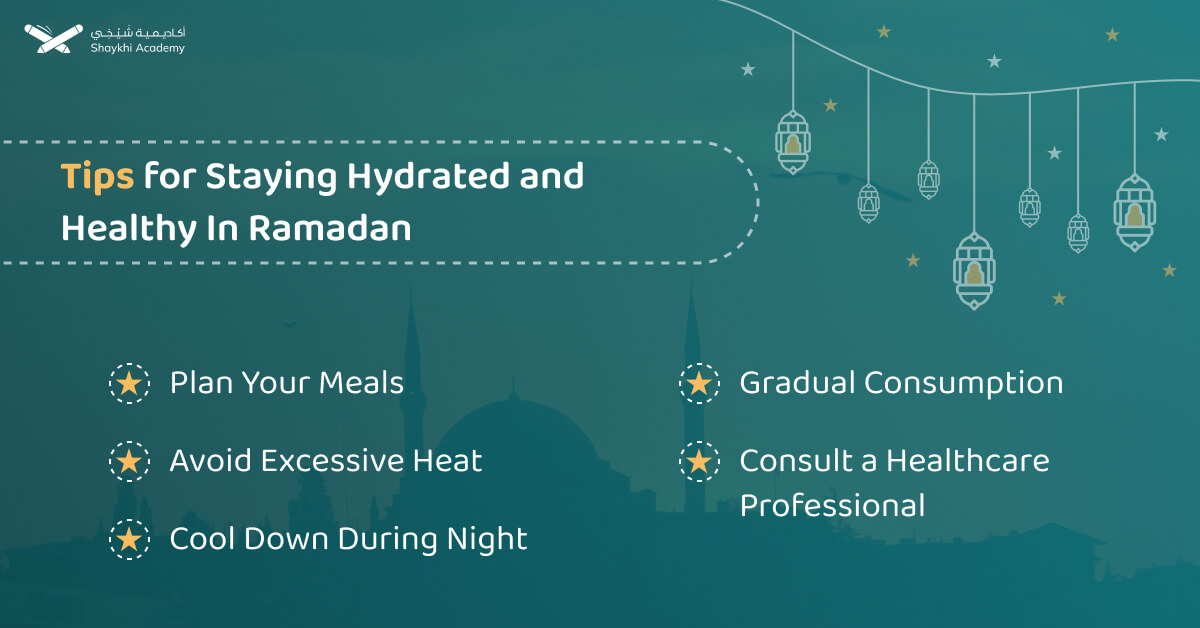
Additional Tips for Staying Hydrated and Healthy During Ramadan
Here are some additional tips to navigate Ramadan while maintaining your health and well-being:
1. Plan Your Meals:
Prioritize water-rich fruits and vegetables, such as watermelon, cucumber, and tomatoes, during suhoor to enhance hydration levels. This helps your body retain fluids throughout the day.
2. Avoid Excessive Heat:
Limit strenuous activity or exposure to intense heat during the day. When possible, schedule outings or errands for cooler parts of the day.
3. Cool Down During Night:
Take refreshing showers or baths during nighttime hours to lower your body temperature and promote a sense of well-being.
4. Gradual Consumption:
Don’t overindulge in fluids immediately after sunset. Break your fast gradually with water or dates to avoid digestive discomfort. Opt for light and easily digestible meals during the initial part of the evening.
5. Consult a Healthcare Professional:
If you have any underlying health conditions or concerns about fasting, consult a healthcare professional for personalized guidance. They can advise you on safe practices for maintaining hydration and well-being during Ramadan.
Exploring the Spiritual Significance of Forgoing Water
The prohibition of drinking water during daylight hours in Ramadan goes beyond physical sustenance, delving deeply into the realm of spiritual significance. It represents a profound act of devotion and sacrifice, serving as a tangible expression of one’s commitment to their faith.
By willingly refraining from water, Muslims engage in a transformative spiritual practice that fosters discipline, self-control, and mindfulness. Through this act of abstinence, individuals cultivate a heightened awareness of their dependence on Allah for sustenance and acknowledge the blessings bestowed upon them.
Moreover, the prohibition of water during fasting hours underscores the principle of empathy and solidarity with those who are less fortunate. For many around the world, access to clean water and sufficient nourishment is not a given. By voluntarily experiencing thirst and hunger, Muslims gain a deeper understanding of the struggles faced by those who endure such hardships on a daily basis.
This shared experience fosters compassion and inspires action, encouraging individuals to seek ways to alleviate the suffering of others and promote social justice. Thus, the act of forgoing water during Ramadan transcends mere physical deprivation, serving as a powerful catalyst for spiritual growth, empathy, and communal solidarity.
Elevate Your Ramadan Journey: Embrace Quran Memorization
Ramadan isn’t merely about abstaining from food and drink; it’s a profound journey of self-reflection and spiritual growth. Delve deeper into the essence of fasting by immersing yourself in the teachings of the Quran.
Within the fabric of fasting, the Quran serves as a beacon of light, guiding Muslims on their path towards spiritual enlightenment. Reciting and contemplating its verses during fasting elevates the soul and strengthens the bond with Allah.
Hifz: Embrace the Tradition of Quran Memorization
Embark on the revered tradition of Quran memorization, known as Hifz, and experience the abundant blessings it bestows. Committing the words of Allah to memory is a sacred practice that brings immense rewards.
Transformative Journey with Shaykhi Academy
Ready to embark on your Quran memorization journey? Join Shaykhi Academy and unlock a world of Quranic education like never before. Our platform offers expert tutors, flexible scheduling, and affordable rates, ensuring accessibility for all.
Discover Our Range of Courses:
- Arabic Noorani Qaida: Lay a solid foundation for Quranic studies.
- Online Quran Classes for Kids: Engaging lessons for lifelong learning.
- Tajweed Rules for Kids: Learn to recite with confidence.
- Quran Hifz for Kids: Step-by-step guidance to memorize the Quran.
- Quran for Adults: Introduce yourself to Quran reading and Tajweed rules.
- Online Arabic Courses: Master the language of the Quran.
Islamic Studies: A wide range of topics related to Islam, including theology, law, Quranic studies, Hadith.
Why Shaykhi Academy?
- Expert Tutors: Connect with highly qualified native tutors dedicated to your success.
- Flexible Scheduling: Tailor your learning experience to fit your busy lifestyle.
- Affordable Classes: Enjoy affordable rates without compromising on quality education.
- Global Accessibility: Access our courses from anywhere in the world.
- Discover the Power of Quranic Education
Join our community today and embrace the transformative power of Quranic education with Shaykhi Academy. Let’s embark on this sacred journey together.
Conclusion
In conclusion, the practice of refraining from drinking water during daylight hours in Ramadan holds significant spiritual meaning for Muslims worldwide. It symbolizes devotion and obedience to Allah’s commandments, fostering self-discipline and empathy for those less fortunate.
Accidental consumption of water does not break the fast, but believers are encouraged to remain mindful. The fasting period ends at sunset, allowing Muslims to break their fast and freely consume water and food until the next dawn. Overall, the prohibition of drinking water during Ramadan serves as a cornerstone of spiritual discipline, deepening believers’ connection to their faith and fostering unity within the Muslim community.
